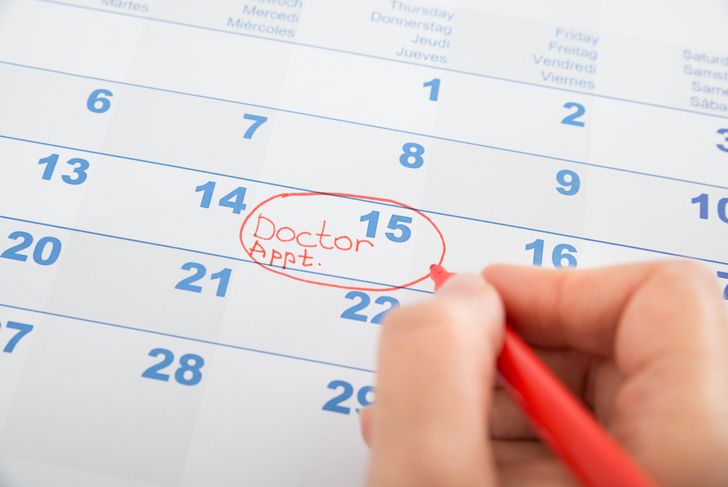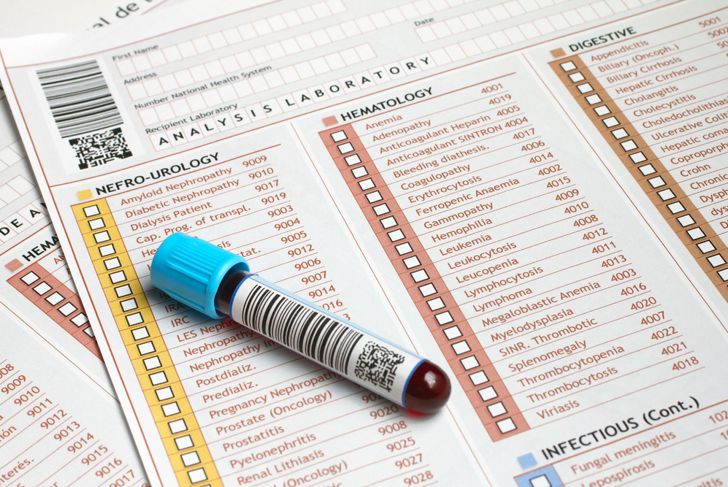Hypochondria, variously known as health anxiety and somatic symptom disorder, implies an obsessive concern with one’s own health. The extreme worrying can get alarmingly incapacitating such that pursuing ordinary tasks (of both professional and personal nature) becomes difficult. In many instances, hypochondria develops in the aftermath of disturbing/stressful events in the suffering individual’s life. In other cases, one’s personality and/or other psychological conditions may be the underlying cause. Based on what the cause may be, hypochondria can be treated with either medication or psychotherapy, or a combination of both. Timely detection of the condition can be very crucial for effectively revoking the condition. Here are some telltale signs of Hypochondria that one should watch out for.
Frequent Appointments with the Doctor
A person even with the mildest hypochondria is likely to make recurrent appointments with the doctor. Even the most minor ailments such as headaches, muscle aches and so on, hypochondriacs will rush to get a medical investigation underway. These frequent visits to the doctor are not just a major drain on financial resources but can also lead to absences from important commitments such as work and personal engagements.
Switching Physicians Too Often
Another common tendency of hypochondriacs is switching doctors over and over again. This is meant to serve two purposes. Firstly, when a doctor does not encourage their paranoia and reassures them of their good health, such individuals feel their case is being dealt with negligently. Secondly, switching physicians allows for the whole rigmarole of tests and medical enquiries to start again. Many times, people will hypochondria consult a new physician when the doctor does not sanction some tests/medication that the individual thinks is necessary.
Unrelenting Health Paranoia
Hypochondriacs are paranoid about the status of their health. When they have no ailments, they tend to get overly anxious about the possibility of contracting a disease. They may go to extreme lengths to reassure themselves that they are disease-free. They will waste time and money on unnecessary medical investigations and still not be satisfied when the results are affirmative of good health. In fact, hypochondriacs are known to be suspicious of doctors and lab procedures even, when their reports do not reflect any signs of ill-health.
Obsessive Attention to Specific Bodily Functions
Some individuals with hypochondria tend to fixate upon a particular body part or function – always worried that “there is something wrong with it”. For instance, a person might feel their digestive system is extremely weak and thus be obsessed with it; they will be conscious of every bodily sensation associated with the digestive process and tend to interpret any “anomaly” as a serious symptom. Hypochondriacs are the kind of individuals who will be sitting nervously after a heavy meal, feeling that the fullness is a consequence of some grave disorder such as a stomach tumour, chronic constipation or something similar.
Misinterpretation of Symptoms
Typically, hypochondriacs misinterpret their symptoms as a rule. They will worry about the most inane bodily discomfort they may be suffering, imagining it to be reflective of a serious health issue. For instance, a headache to them is symptomatic of a brain tumour and they anxiously rush to get themselves tested as opposed to simply taking a painkiller.
Frequent Physical Examination
Another common sign of hypochondria is a tendency to self-examine the body continually and unnecessarily. Hypochondriacs will touch their abdomen frequently to check for any bumps or lumps. They will take their temperature very often, convinced that they have a fever. They may also keep stretching and/or kneading their muscles, hoping to detect some aberration. In many cases, they will seek validation from other individuals, asking them to verify that the lumps, bumps or another anomaly they can “feel” is legitimately present.
Too Much Conversation/Research on Health Issues
Most hypochondriacs spend the majority of their free time researching health-related issues and talking about them. They will have a vast plethora of very specific knowledge about diseases and may often end up discoursing about them in front of others. Many such individuals also talk about their own supposed ill-health at length, trying to convince anyone willing to listen that they are constantly ailing from some illness or the other. Moreover, they may get very upset when someone is not suitably attentive to their woes or expresses scepticism regarding the condition of their health.
Depression
Few individuals suffering from hypochondria also exhibit symptoms of depression. Continually suffering from anxiety and paranoia regarding their health, hypochondriacs often sink into depression, especially when they do not get the kind of medical attention and doctor response that they want. Such individuals thus take to avoiding company, be increasingly morose over their imagined illnesses and become more irritable and restless in social situations. However, hypochondria-induced depression is not the most widely evidenced symptom.

 Home
Home Health
Health Diet & Nutrition
Diet & Nutrition Living Well
Living Well More
More


















